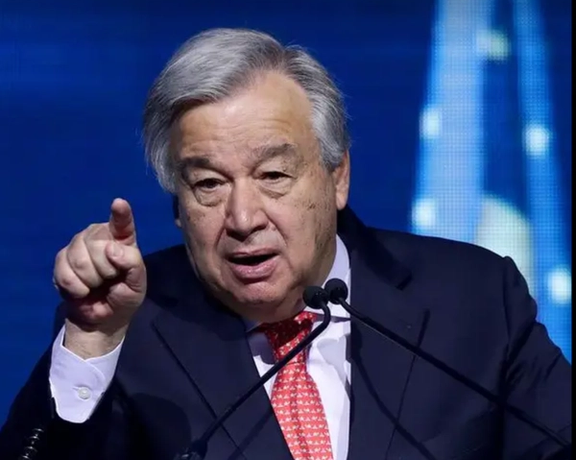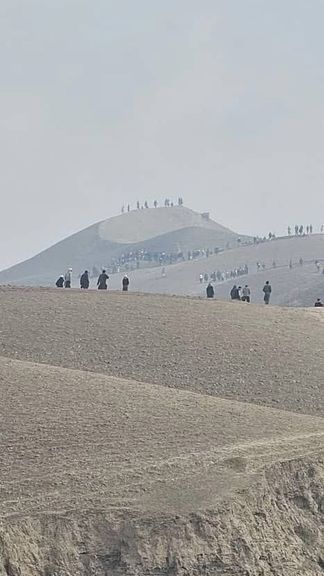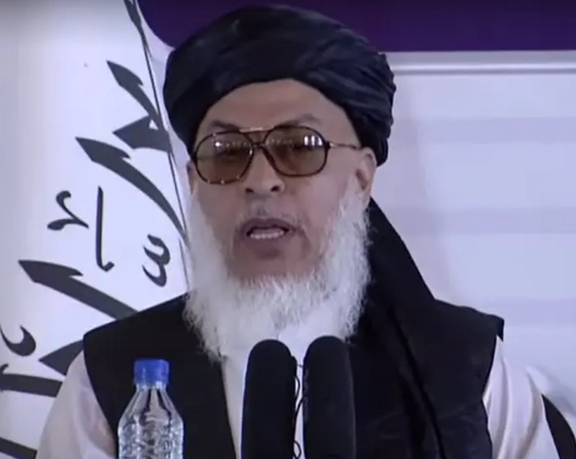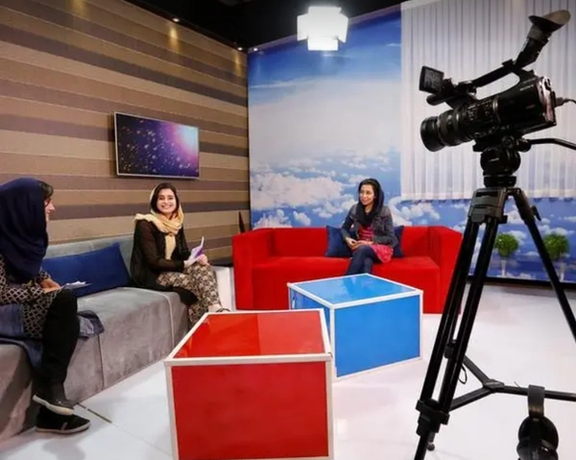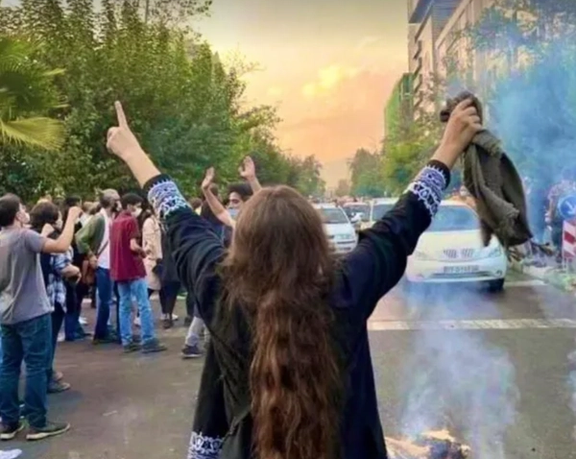The NRF while stating that the presence of such terrorists on Afghanistan soil is a threat to regional security and stability, blamed the Taliban occupation of the country as the reason why it has now become a haven of global terrorists.
As per the NRF statement, "These leaders met Sirajuddin Haqqani, the leader of the Haqqani network, and discussed their plans to make the network of foreign fighters extremely powerful in the north of the country in the next six months and to deploy 50 per cent of all foreign fighters in Central Asia."
The NRF claimed that this information has been sought through reliable sources who in turn had alerted the Front’s strategic analysis unit.
According to the sources, some of the terror group members who have been shifted include, Haji Forqan, the leader of the East Turkistan Islamic Movement; Mawlawi Ibrahim, the head of the Ansarullah Jamaat of Tajikistan; Shaikh Zakir, the head of the Islamic Movement of Uzbekistan and Abdul Haq Uighuri, the head of the Al Qaeda branch in the north of Afghanistan.
As per the information available, it has been stated that these individuals came to Kabul on Tuesday, August 20, 2022, and stayed at the Haji Afzal house in Wazir Akbar Khan on 11th Street which is owned by the Haqqani network, for three days.
The sources added that during these meetings, Abdul Haq from Haji Forqan Network and Shaikh Zakir from Islamic Movement Uzbekistan assumed the responsibility of strengthening the al-Qaeda and communicating with other branches of the group.
As per reports, more foreign fighters are now heading towards Afghanistan. Haqqani network has appointed Mawlawi Ibrahim Tajik as the person in charge of the network of foreign fighters in the north of the country. Tajik has strong connections with the Islamic State (ISIS).
There are apparent plans to work in close coordination with the Haqqani network to assist ISIS in northern Afghanistan and slowly increase its influence through Kunduz province and the border districts of Takhar and Badakhshan to the Central Asian countries, as per the sources.
NRF stated that Mawlawi Ibrahim left Kabul for Kunduz on Monday, August 22, 2022, in a private Toyota Corolla car whose driver was a trustee of the Haqqani network; while Haji Forqan and Abdulhaq Uighuri left Kabul on Sunday, August 21, 2022, for Pul-e-Khumri city, Baghlan province, and are staying at the headquarters of the Taliban Intelligence Directorate in Baghlan and Shaikh Zakir, the head of the Islamic Movement of Uzbekistan, left Kabul for the Baharak district of Badakhshan province in a Toyota Corolla car belonging to Khalifa Mahboobe Faizabad, on Tuesday, August 23.
As per NRF, currently, Shaikh Zakir lives in the building of the former office of the National Solidarity program and is now one of the military bases of the Taliban in the Baharak district of Badakhshan province.
Forqan, Shaikh Zakir and Abdul Haq Uyghuri may lead some section of the al-Qaeda network in northern Afghanistan, the NRF added.
